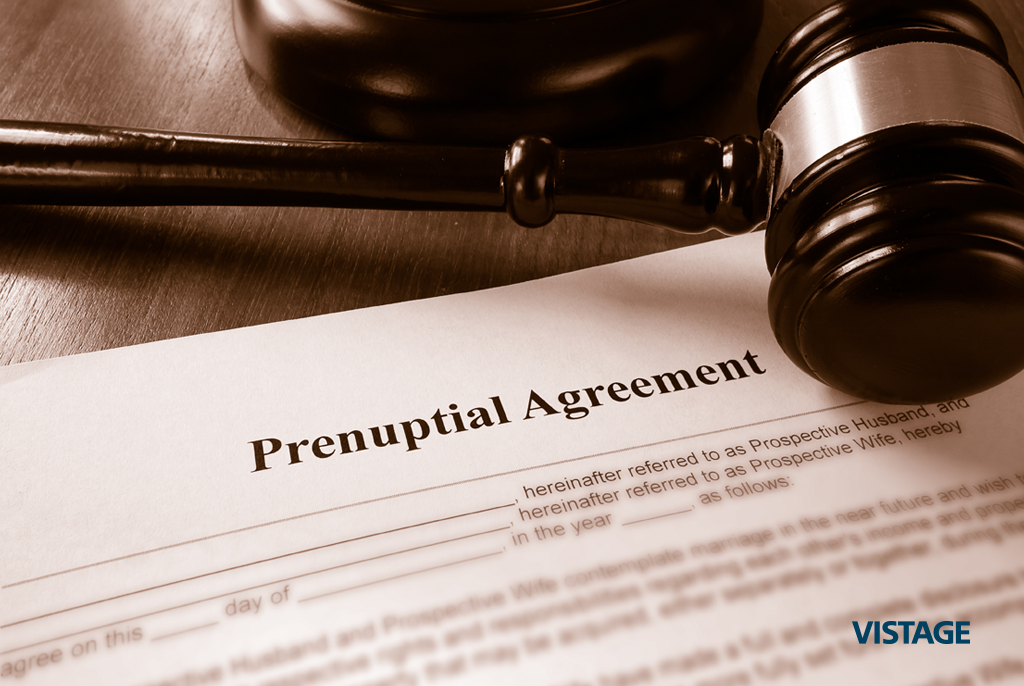The business owner’s ‘pre-nup’

Most private business owners know that creating a business succession plan is important, even if — in the all-consuming crush of managing and growing their businesses — they sometimes put it off longer than they probably should. They are often less aware, however, of many early steps they can take to help protect and grow their business and personal wealth. Implementing a few business and personal wealth planning strategies early in the life of your business, long before you sit down with investment bankers and transaction attorneys, can make a meaningful difference in the amount of wealth you create and ultimately retain for yourself and your family. The buy/sell agreement is one step a business owner can take right away.
What happens in the event of….?
Not all companies have a sole owner. What happens if your business partner suddenly dies? Is your partner’s spouse, or your partner’s child, the new co-owner? Does he or she have knowledge of the business? Are you obligated to buy them out? Can you afford to buy them out? In turn, are they obliged to sell to you, or can they entertain other suitors? In any case, how much is the interest worth? How should the purchase price be paid? And similar concerns arise if you happen to die. Will your spouse be left without any liquidity if your surviving business partner refuses (or cannot afford to) purchase the inherited shares? Or what happens if your partner simply decides to retire? Or divorces, and your partner’s shares end up in the ex-spouse’s hands as part of the settlement?
Continuity at risk
Any one of these events, and many others, can put the continuity of your business — your greatest financial asset — at risk. But a buy/sell agreement can help to address these and other potential issues long before they actually occur, so a clear plan can be enacted when they do, thereby helping to prevent damage to the company’s operations or its value.
Buy/sell agreements can make good sense for any type of business — corporations, partnerships or LLCs – with multiple owners. They put in place a clear procedure if certain things happen. Think of the buy/sell agreement as a kind of ‘prenup’ for business owners. While it’s preferable to create a buy/ sell agreement as early as possible, it can actually be accomplished at any point in a company’s lifecycle.
The buy/sell agreement should cover several basic components:
- The parties involved, i.e., the owners of the business
- The underlying asset that is the basis of the buy/sell agreement
- The owners’ respective equity interest in the company
- The triggering events — the specific occurrences that will trigger the buy/sell agreement
- Valuation – this can be a prearranged price or a prearranged formula —some multiple of earnings, for example. To ensure an equitable solution, business owners should consider pricing be established by an appraisal that is done at the time of the triggering event and with all information on the table.
- Funding mechanisms need to be addressed. The most basic method is simply for the purchasing owner to pay cash, either out of personal funds or from insurance proceeds. Another approach is to pay a fraction of the appraised price at the time of the triggering event, and put the rest in a promissory note that is paid off over time and at a stated rate of interest.
One of the biggest issues with buy/sell agreements — beyond not having one — is not reviewing and revising them on a regular basis. Annual reviews should include regular assessments of the company’s value, and the viability of the funding mechanism.
Taking some initial planning steps, like implementing a buy/sell agreement, can help protect and provide continuity for your business which benefits you, your business partners, your employees and your family. Considering the stakes at risk, it’s comforting to know the buy/sell agreement is there should the need arise.
Read more: Succession planning: It’s not just for retirement anymore
Category : Succession Planning
Tags: Succession Planning
